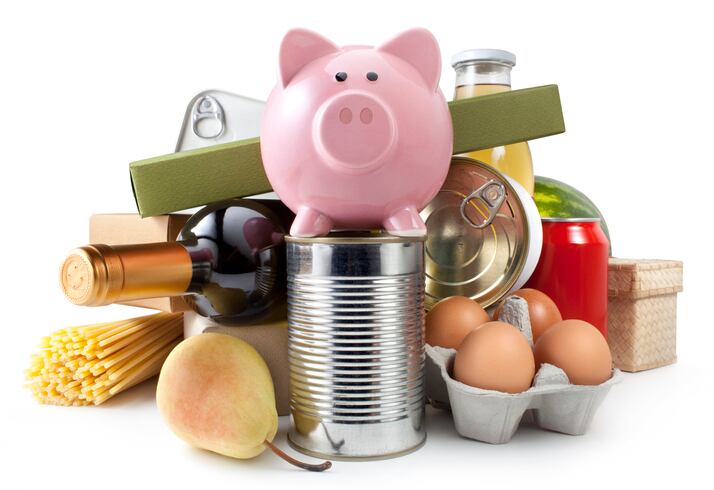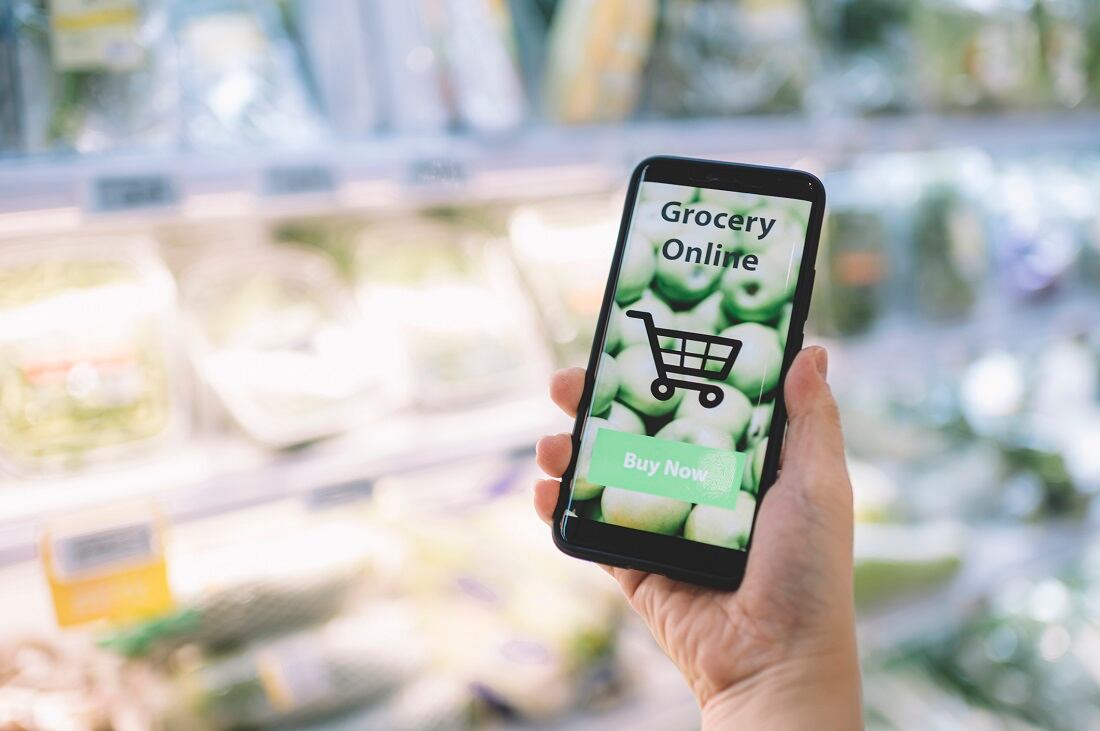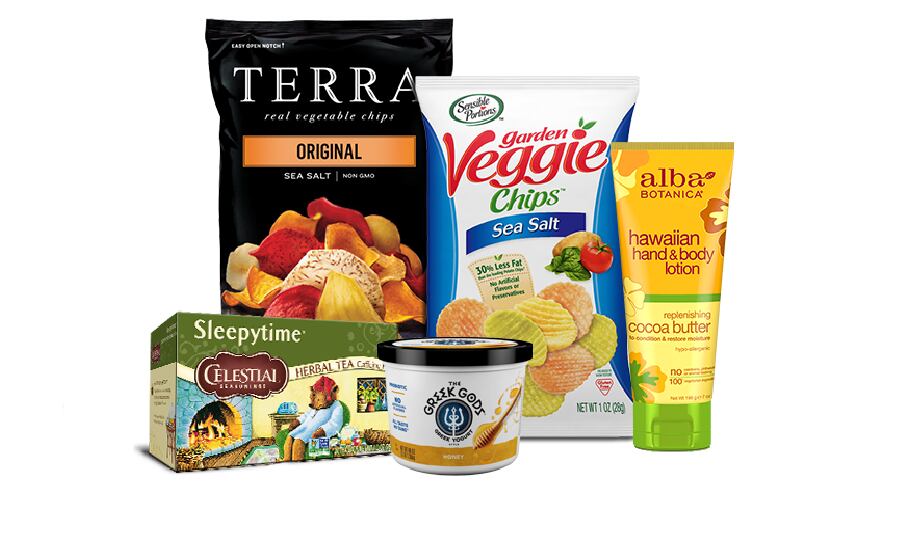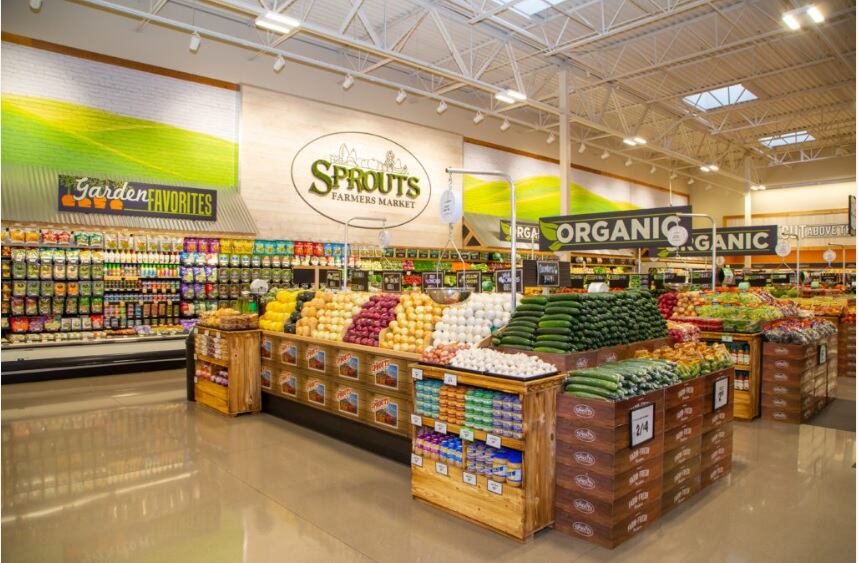Pointing to data from the US Bureau of Economic Analysis, TreeHouse CEO and president Steven Oakland noted that for the first time since the pandemic began, the personal savings index, which measures disposable income after taxes, has fallen below where it was in January 2020, after surging in April 2020, December 2020 and March 2021 when the government provided stimulus.
At the same time, the price of food at the shelf has surged, surpassing a 10% increase in March over the prior year, according to BLS data, helping to expand the percent price gap between national and private brands, Oakland noted.
“Price gaps have historically ranged from 26% to 30%. Gaps widened above this range to the low 30s more recently. This will vary from month to month, but gaps at this level present the consumer with a more attractive private label value proposition” as the “absolute price point inflation, the dollar value savings of a basket of private label goods is simply more substantial,” he explained.
“As a result, consumer shopping patterns are beginning to shift and we’re seeing it in the data,” with private label unit share posting year-over-year gains just over 0.5 percentage points in April over the prior year, Oakland said.
Riding the upward trajectory of private label, TreeHouse Foods’ net sales increased to $1.14bn in the quarter compared to $1.06bn a year ago, which Oakland described as a “very encouraging … sign that private label value proposition is becoming increasingly important to consumers,” who are feeling the impact of higher prices at the grocery store, gas pump and across the economy.
TreeHouse warns of ‘more frequent, lower price increases’
The rising demand for private label, and by extension TreeHouse Foods’ products, comes even as the manufacturer, like most others, has raised prices to offset inflation – a move that Oakland says the company will repeat in the third quarter.
So far, he added, retailers and customers have accepted the price increases, which are not as dramatic as those passed through by some national brands in part because private label overhead costs are lower.
“Private label naturally will take probably more frequent, lower price increases, because our margins are lower. We price on actual experience and not on forward curves,” Oakland explained, adding, “We don’t have the umbrella that brands have to set category pricing. So, I think it is natural for us to take pricing more often, probably slightly less from a percentage standpoint. But, the encouraging thing is we don’t see a problem with the price gap.”
Between the price increases and heightened consumer demand, CFO William Kelley said TreeHouse Foods is reaffirming its full year 2022 guidance so that it expects revenue to increase 11%, driven primarily by pricing, which came in this quarter at almost 12% and will continue to build throughout the year.
He added: “Increased private label demand, coupled with our work though store service levels, are positively impacting our performance. We expect this to continue, strengthening both the top line and profitability as the year goes on.”




